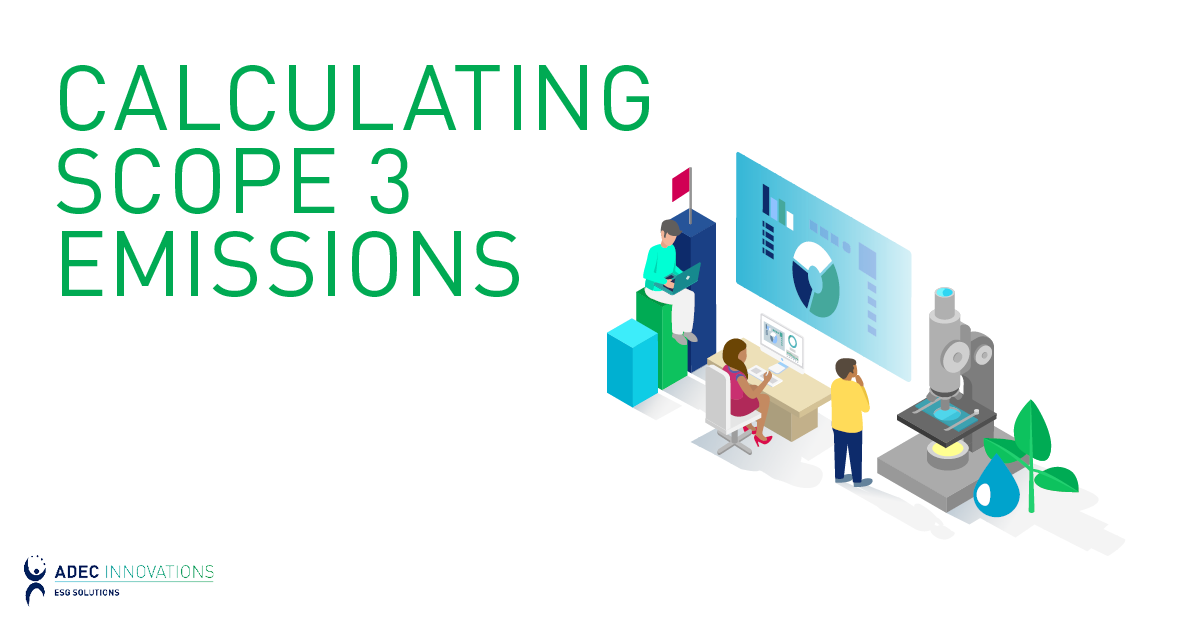Achieve Environmental Sustainability in Style
There is no doubt that a large number of today’s world population takes into consideration the harmful impacts of their everyday socio-civic activities on the environment. The slowly diminishing natural resources due mostly to man-made errors have become a global issue that our world needs to address immediately. With this in mind, many organizations are now more conscious in their efforts to do their part in preserving our environment and its natural resources and, more importantly, lessen the carbon footprints they leave behind.

By Ben Wilde
August 13, 2014
There is no doubt that a large number of today’s world population takes into consideration the harmful impacts of their everyday socio-civic activities on the environment. The slowly diminishing natural resources due mostly to man-made errors have become a global issue that our world needs to address immediately. With this in mind, many organizations are now more conscious in their efforts to do their part in preserving our environment and its natural resources and, more importantly, lessen the carbon footprints they leave behind.
 At present, where competition between businesses, particularly in the retail sector, can be observed, business owners realize the necessity to better improve their performance by measuring some key point areas within their organization. According to a recent report by Retail Industry Leaders Association (RILA), most retailers today measure energy, fuel, material usage and waste generation in their current business processes. Moreover, it is said that for the next two years, one-quarter of retailers will include other important areas in their metric system to better cater towards environmental sustainability. These areas are code-of-conduct compliance, water usage, suppliers’ compliance to social responsibility standards, renewable energy generation and usage of chemicals.
At present, where competition between businesses, particularly in the retail sector, can be observed, business owners realize the necessity to better improve their performance by measuring some key point areas within their organization. According to a recent report by Retail Industry Leaders Association (RILA), most retailers today measure energy, fuel, material usage and waste generation in their current business processes. Moreover, it is said that for the next two years, one-quarter of retailers will include other important areas in their metric system to better cater towards environmental sustainability. These areas are code-of-conduct compliance, water usage, suppliers’ compliance to social responsibility standards, renewable energy generation and usage of chemicals.
Another report, Board Oversight of Sustainability Issues, figures that many other business areas subject to scrutiny like paper, forestry, healthcare and utility companies are among those that will likely implement sustainability practices. Despite the retail sector’s conscious and consistent efforts to identify different environmental and social issues, they still face setbacks due to the attention given to recycling, labor and human rights practices, based on a study commissioned by Investor Responsibility Research Center Institute (IRRCi) and conducted by Sustainable Investment Institute (Si2).
Sustainability Methods for Retail Businesses
Established top retail companies that have been in the industry for decades, such as Nike, Marks and Spencer, Adidas AG and Staples, Inc., have become more accustomed to implementing their sustainability strategies.
Below are steps that other rising retail industries can undergo to jump-start company-initiated programs on environmental sustainability
1. Study your company’s vision on sustainability

Those who are in the retailing business should ask themselves, “Are we ready to take part in the bigger role of promoting to save natural resources?” If the answer is “yes,” the company and its stakeholders must run a comprehensive study to determine capabilities, strength and positive attitude to materialize environmental sustainability initiatives. The company may also need the expertise of a core sustainability team to help identify the environmental impacts of the business.
2. Engage internal stakeholders to participate in sustainability programs
It is all about forming a vision and looking for internal stakeholders that share the same vision since, realistically, it will be easier for the organization to execute ideas and plans geared toward a shared goal. The stakeholders, if onboard with the projects, increase the chances of the company’s goals concerning key issues (such as environmental sustainability) to materialize.
3. Formulate best and winning tactics
Once equipped with the vision and ability to promote sustainability, the organization can now see the larger picture -- the possible environmental effects their strategies can lead them to.
4. Complete and evaluate sustainability goals
The execution of sustainability programs is a never-ending process and therefore needs a regular infusion of fresh new ideas. The sustainability team may look for ways to promote the active involvement of employees and stakeholders to propose new, exciting and promising schemes on sustainability.
5. Promote active involvement
Raising awareness on environmental sustainability to a vast range of stakeholders, like communities and employees, is one key towards the success of the program. Management must be keen on keeping the lines open and encourage people to join their cause.
FirstCarbon Solutions (FCS) is a renowned climate change solutions provider. FCS provides expert advice on how to develop solutions for climate change and cite best practice examples on how to incorporate climate mitigation strategies into your corporate agenda.
For more information or to request a consultation, contact FCS today.
Related Articles
Environmental Sustainability, Carbon Management, Energy
By Tyanna Bui on November 2, 2021
Carbon Management | GHG Emissions
By George Lu on September 3, 2019
Environmental Sustainability | CDP | ESG | Sustainability Reporting | CSR
By Sharolyn Vettese on December 4, 2018
Environmental Planning | Energy | GHG Emissions | Carbon Tax | Cap and Trade
Be a sustainability leader.
Our team supports you no matter where you are on your Sustainability Journey. Talk to us today to learn more.





